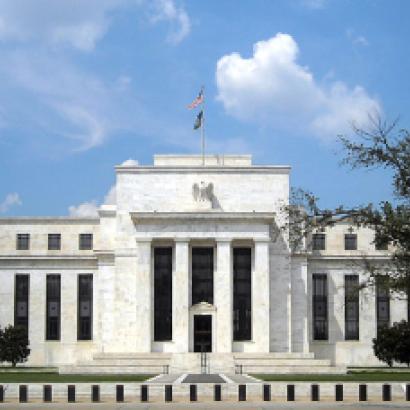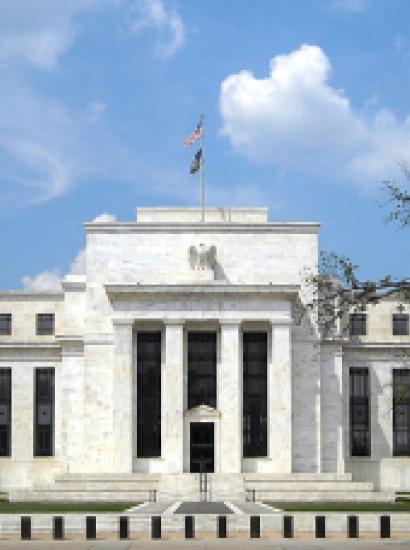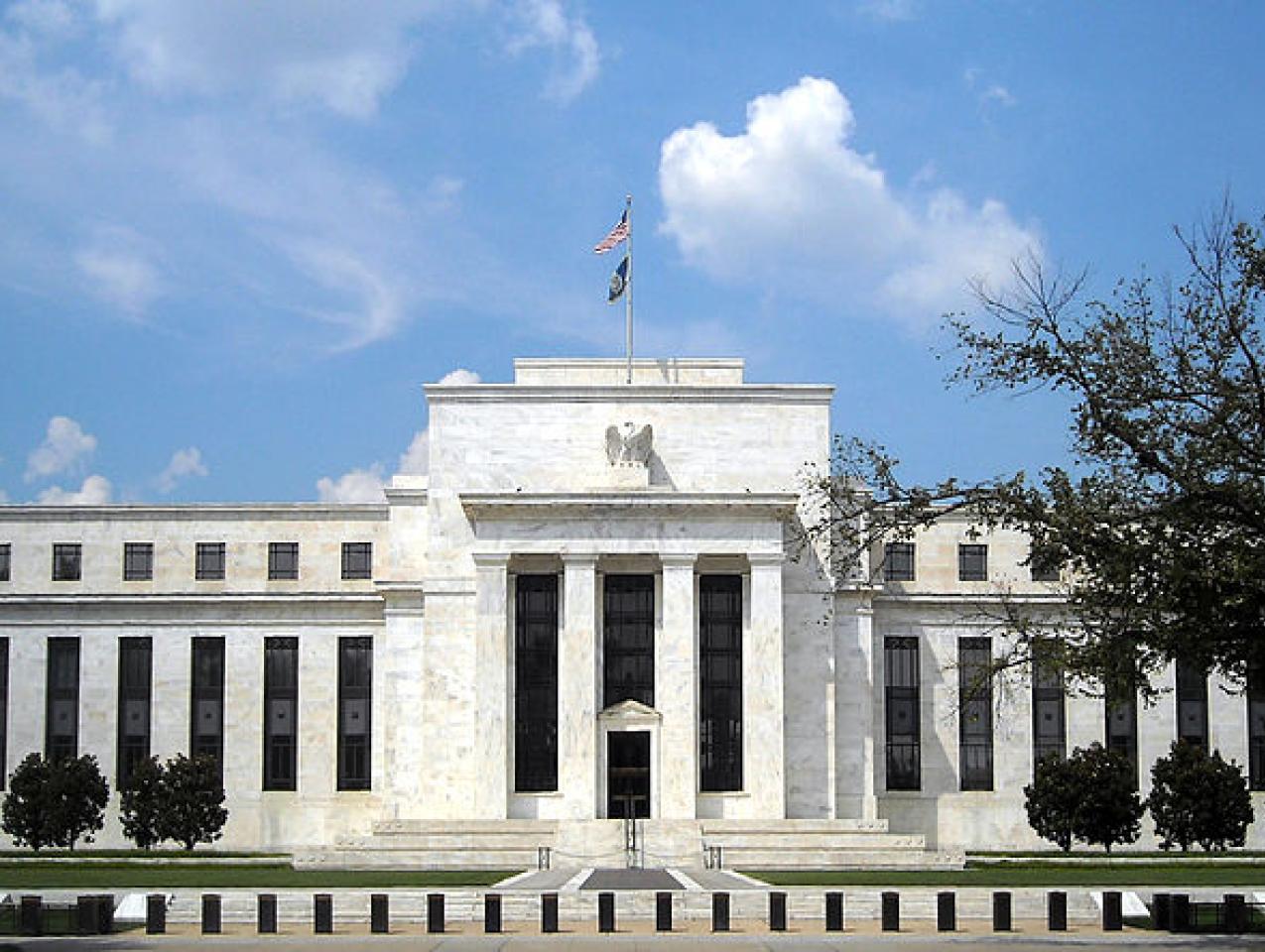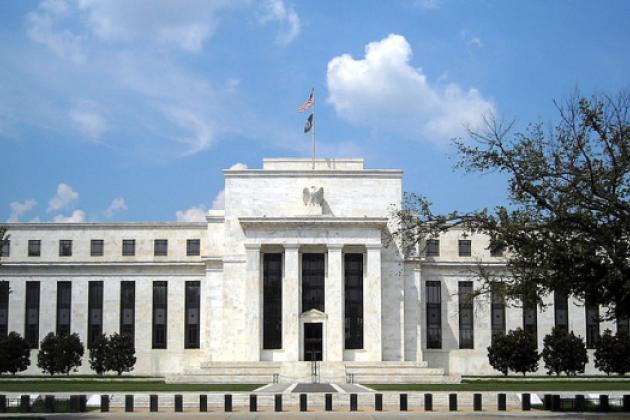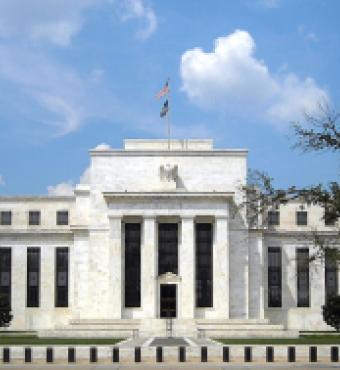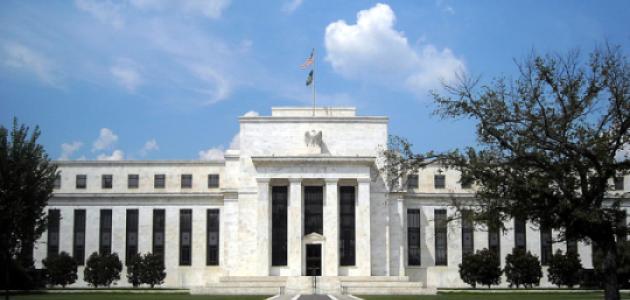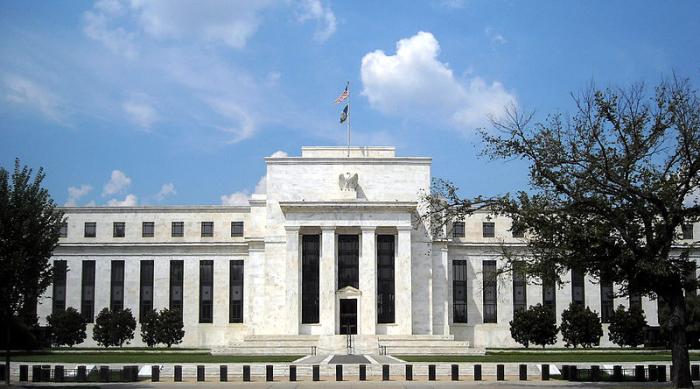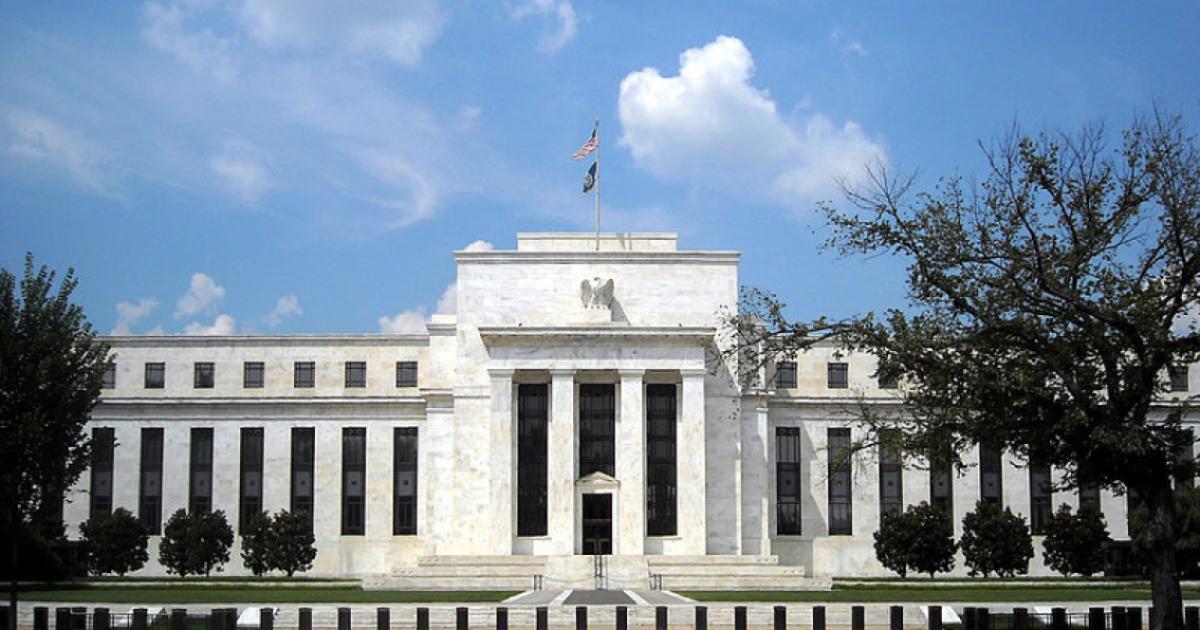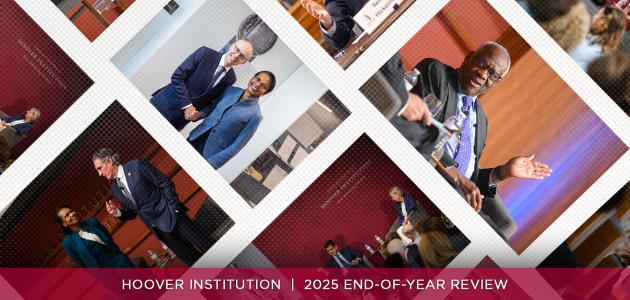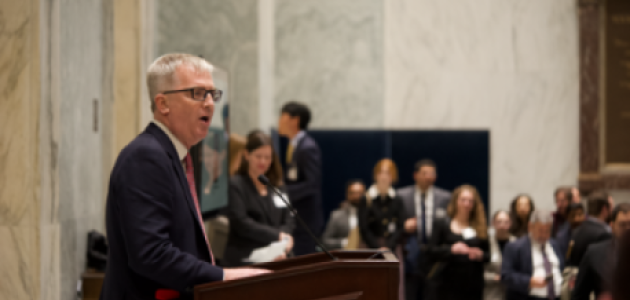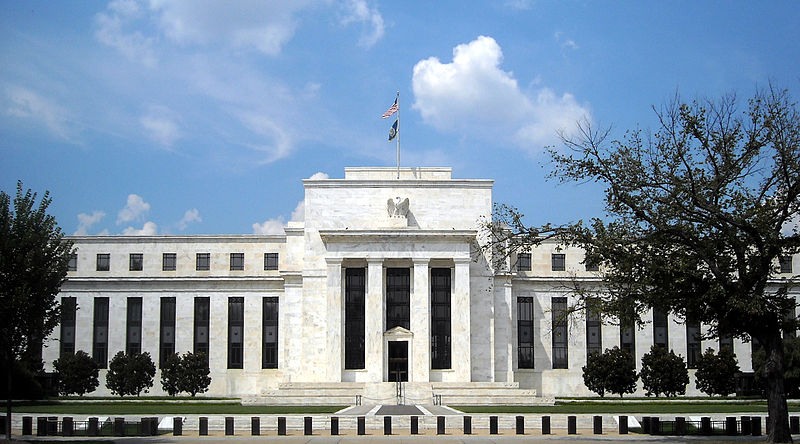
Hoover fellows participated in a symposium that used as background the Federal Reserve’s performance leading up to and during the financial crisis of 2007–8, the Great Recession of 2007–9, and the current slow recovery. The symposium was attended by the following: Michael Bordo, Andrew Crockett, Joe Grundfest, John Gunn, Robert Hall, Stephen Langlois, Allan Meltzer, Ken Scott, John Shoven, George Shultz, John Taylor, Carl Walsh, and Ian Wright.
The discussion began with presentations by George Shultz, the Thomas W. and Susan B. Ford Distinguished Fellow; Michael Bordo, national fellow 2011–12; Allan Meltzer, distinguished visiting fellow; and John Taylor, the George P. Shultz Senior Fellow in Economics, all at the Hoover Institution. The presentations and the discussion that accompanied them stressed four salient themes: (1) the importance of the Fed having as its sole mandate maintaining long-run price stability;(2) the imperative of having the Fed follow a credible and enforceable rule to maintain price stability; (3) the importance of the Fed’s implementing this rule being accountable to Congress; (4) the importance of restoring the Fed’s independence from the fiscal authorities as soon as possible.
Click here to read “Could the United States Have Had a Better Central Bank? A Historical Counterfactual Speculation” by Michael Bordo.
Click here to read “Federal Reserve Policy in the Great Recession” by Allan Meltzer.
Click here to read “Excerpts from First Principles: Five Keys to Restoring America’s Prosperity” by John Taylor.







